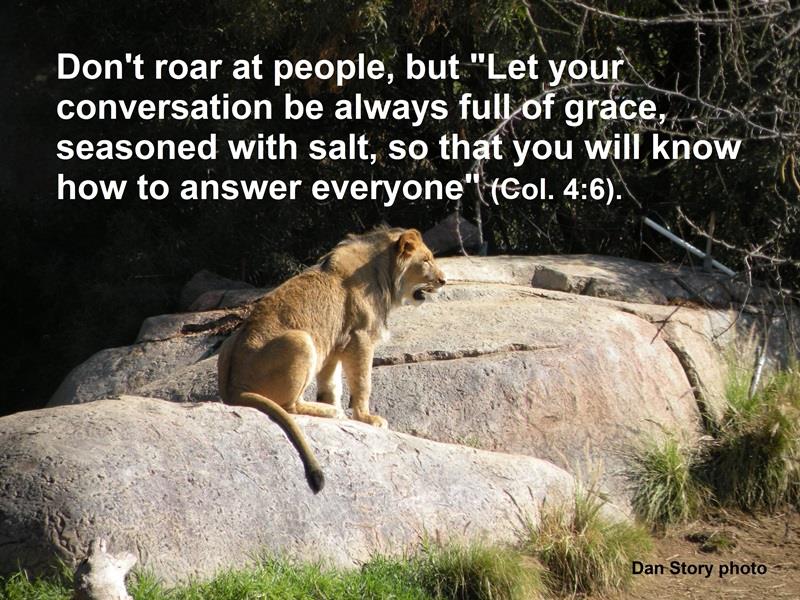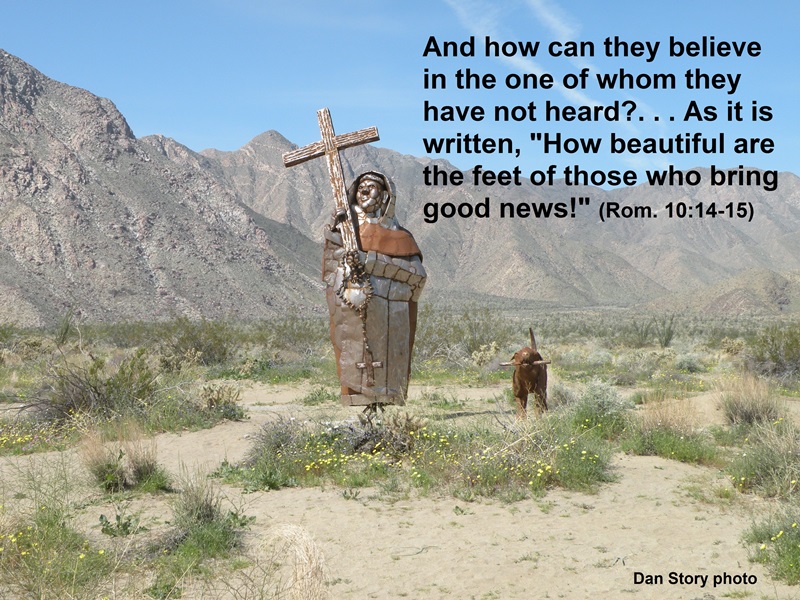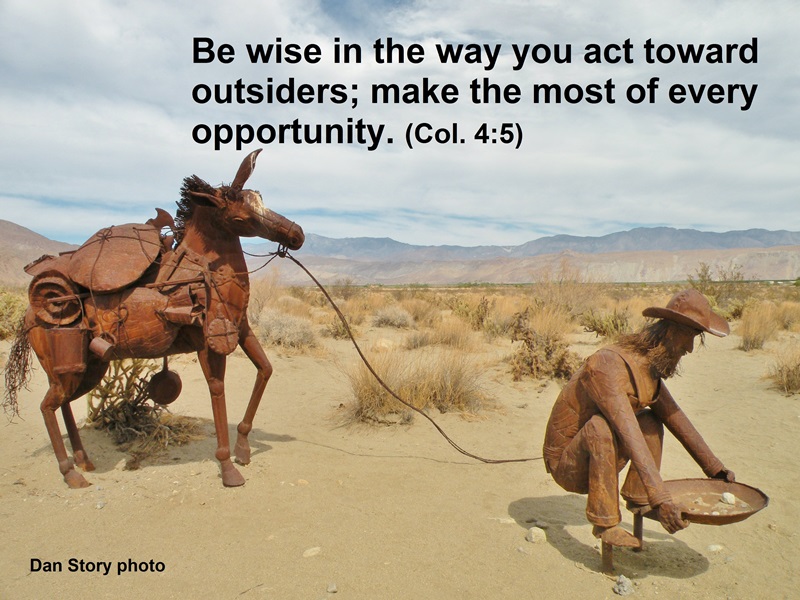
Part One: Introduction—What This New Series if About
Next week I’ll start a new blog series based on portions of my book, Will Dogs Chase Cats in Heaven? People, Pets, and Wild Animals in the Afterlife. In developing this topic, I explore, among other things, God’s perspective on non-human life. Do animals have souls, and if so, did God bless them with immortal souls? What do animals think, feel, and experience (You’ll be surprised what recent studies in animal behavior have revealed)? What kinds of animals will be in Heaven? If pets and wild animals greet us in Heaven, will they be in resurrected bodies? What will the eternal home of God’s people and animals be like—the “new Heaven and new earth” (Isa. 65:17. Rev. 21:1)?
To support my conclusion, I quote well-known Christian scholars who believe in the probability that animals will reside in Heaven. They include C.S. Lewis, Peter Kreeft, John Calvin, Martin Luther, Randy Alcorn, and others. Furthermore, I assure you, nothing I write on this subject is contrary to what is possible within biblical boundaries—even when a degree of necessary speculation is required.
You can see this will be an intriguing blog series. You’ll also discover that it can be a potential evangelistic and apologetic point of contact because many millions of non-Christians have the same concerns about their deceased pets as Christians. If they follow this series—or especially read the book—they will have a non-confrontational and unique way to meet the living God who created and “preserve both man and beast” (Ps. 36:6).
Note: By joining my private blog email list, you will avoid missing weekly blog posts. Click on “contact,” above and send me a request with your email address. You will receive personal notification when I publish a new blog. I do not share email addresses.








